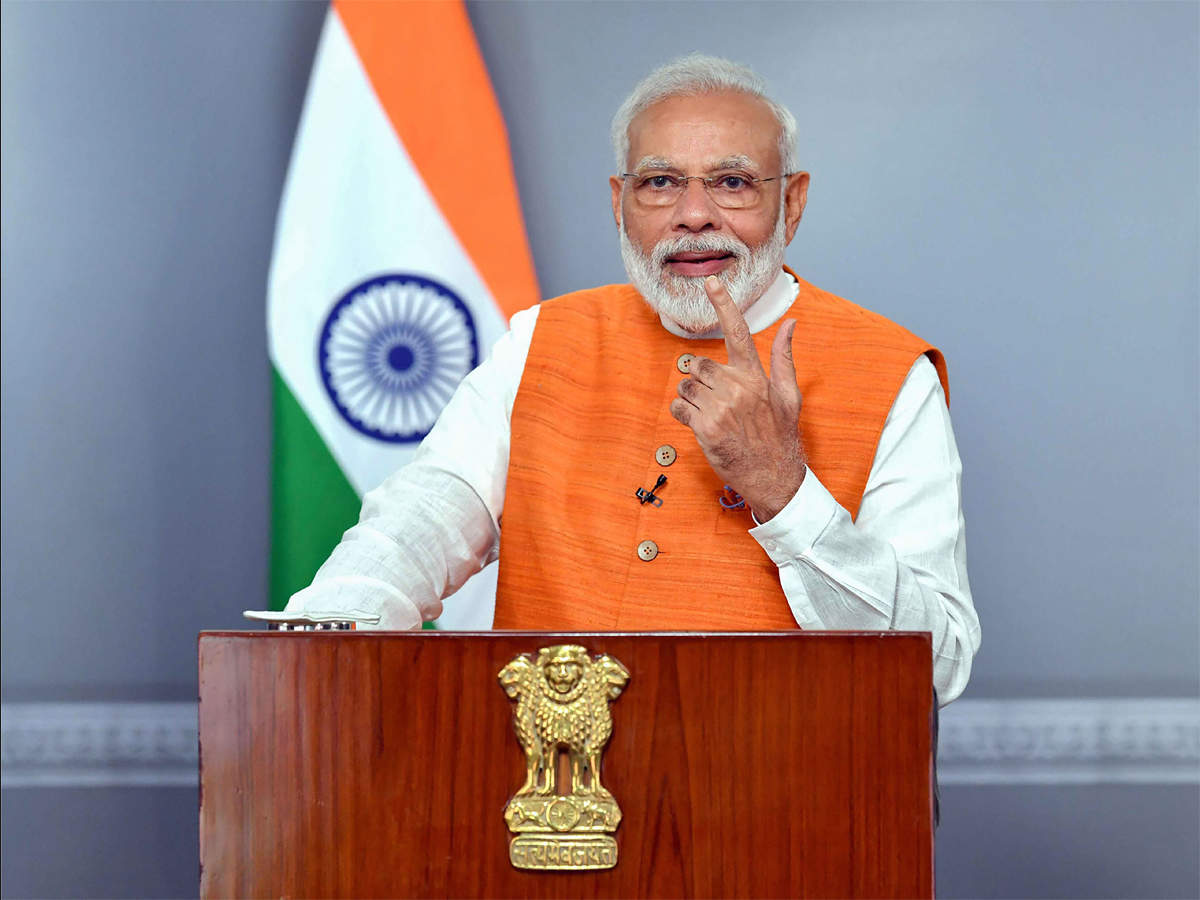Even a cursory reading of the history of India, despite the distortions and slants that remain in the recital of the different stages of progress of the subcontinent, shows the importance of security. Lack of attention to this basic need caused the downfall of mighty empires in which people enjoyed a prosperous and stable life. They were defeated by foes much less endowed than they were even in the military sphere, who prevailed because of defective military tactics and inadequate preparation. Prithiviraj Chauhan’s powerful armies were bested by Mahmud Ghori, who attacked at night while his enemies were asleep. The rules of chivalric warfare that were scrupulously observed by Prithviraj were ignored by his opponent, who thereby gained an advantage. While Prithviraj had the satisfaction of knowing in his final moments of life that he had, centuries before the Mahatma, obeyed the Gandhian dictum that “means are after all everything”, it was the invader who triumphed and who feasted on the riches of India. Much later, the alienation of the Hindus because of the intolerance of Aurangzeb’s reign became so much that the Mughal Empire began to fall apart. It was during Aurangzeb’s time that the three holy sites of the Hindus (Kashi, Mathura and Ayodhya) were razed to the ground, an act of gross intolerance and fanaticism which proved to be the final nail in the downfall of the empire. Later, disunity and lack of modern methods of warfare combined with treachery to award much of the subcontinent to the British, who ensured that a country which once accounted for over a quarter of the world’s wealth was reduced to hunger, disease and illiteracy. Coming out of that canyon has not been easy, and it was made more difficult by multiple errors of policy, including the throttling of the private sector in the 1950s and beyond on the altar of the Soviet model of economic organisation. Narasimha Rao and later Narendra Modi have sought to turn back the effects of such policies, and the country is slowly moving towards the status of the world’s third largest economy in purchasing power parity terms under Prime Minister Modi. In the 1950s, Nehru refused to interfere with any faith other than that of the Hindus, and it was left to courageous Christian women such as Mary Roy and dedicated Muslim women such as Shah Bano to carry the torch of reform forward. While the Christian community was quick to read the portents of the times and acquiesce in many reforms (although not yet in others, such as would fully equalise the sexes), the fringe in the Muslim community has for long been successful in resisting the reforms that indeed have been sanctioned in the holy text, which enjoins the believers to constantly update their practices to keep up with the circumstances. Even this fringe was unable to stop Muslim women from opposing the practice of triple talaq, which was done away with because of the support the fighters for gender justice got from PM Modi. Next needs to come other practices that handicap women, for in any democracy, there should be equal rights and privileges for women and men, no matter what religion they are born into. Social change that promotes justice is an essential component of growth. The growth of the middle class in many countries has led to an increase in the rate of growth as well as to higher levels of stability and security. Under Ronald Reagan and Margaret Thatcher, the licence given to the wealthy to become more so at the expense of others was used to such a degree that income inequality has moved forward at an unsustainable pace. Such an affliction is also there in India. The banking system, much of which was nationalised in 1969 so as to achieve greater justice in disbursement, now follows another rule. This is that those who have more should be given more, and those who have less should be left to fend for themselves. Tens of thousands of companies in India have already gone into the red or are at the brink of doing so as a consequence of the unwillingness of commercial banks to give them the resources needed to turn their enterprises around. At the same time, a few companies have been given extraordinary amounts of accommodation, although it is clear from any examination of balance sheets and business prospects that such money will end up in the NPA column. Because of the additional strains on business caused by the lockdowns enforced during the Covid-19 pandemic, the chances are high that the end of the moratorium on debt may result in another round of NPAs and closures of companies, outcomes that need to be prevented through policies designed for the purpose. Just as the middle class is the bedrock of stability in society and needs to have its number augmented, the MSMEs are at the heart of the economy together with farmers, and both need attention. The nation chose Prime Minister Narendra Modi as its leader and gave him an unprecedented (in modern times) mandate so that he can carry forward the mission of “Sabka Sath Sabka Vikas” in a mode of “Minimum Government, Maximum Governance”. Indians look forward to innovative and pathbreaking policies in Modi 2.0 so that the ambition of an economy of $5 trillion can be achieved by 2024. “Modi Hai toh Mumkin Hai”. The target is ambitious, but in Narendra Modi, the country has a PM who is fully capable of living up to his promise.

